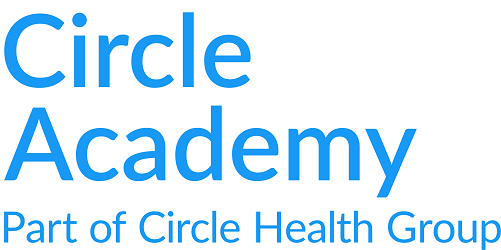
As part of the hints and tips for developing yourself at work series learning and development business partner, Kevin Avis, shares ideas on how you get the most from work-based opportunities to grow and develop
See more in the series: experienced careers | managerial careers | senior leader careers
For those starting a new career, recently restarted in work, and have chosen a new route to their work, here is a list of things you can be doing to help you develop in your role.
1. Find, and work with, a trusted mentor
Every good film or story has them, a maybe unlikely but magical partnership between two people who share their collective wisdom and insights. Spot and find the person who can help you unpack their experiences and share their passion for their area of work.
2. Read everything you can
I was once amazed at a CEO who walked into my workplace, and within minutes knew everyone’s names and details about their work. Amazed, I asked my boss how the CEO managed to do this – the answer: he read everything. Read policies, handbooks, strategy documents, anything you can (and are allowed to) get your hands on.
Very early in my own career, I devoured the company phone directory. Sounds silly, but it let me become the expert on who was doing what and where when needed.
3. Shadow people and teams
When sit and observe someone, you have the time to spot how people have developed the way they work, and this is gold dust for you to take and use for your practice.
4. Offer to support a senior or executive leader
There may be a regular meeting or committee which needs a minute taker or something that needs practical support. By contributing to this work, it provides good exposure helping you understand how the wider area of your workplace functions.
5. Spend time working in other areas
Some within Circle Health Group staff are challenged with the three-sear challenge – being competent in two other areas other than their own. Apply this by working with and in other areas to gain a wider experience and understand the context of your work.
6. Take on additional responsibility
Some workplaces across Circle Health Group have additional responsibilities, called portfolio roles. These are brilliant opportunities to take ownership of an area of interest, develop your knowledge and skills.
7. Get involved in a project
Experienced and senior staff are likely to be leading changes and projects across the workforce. Ask to be part of the project team and take responsibility for some key actions.
8. Check-in regularly with your manager and use the appraisal process
Circle Health Group has a good check-in and appraisal process that helps your development and growth. Have regular meetings with your manager and they are documented so you can measure and track your growth.
Use the reflection sheet to help you reflect and plan. Use this to make some proposals and suggestions to your manager.
